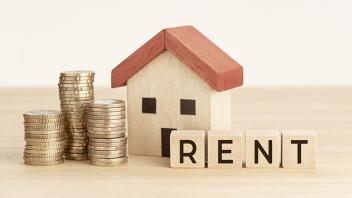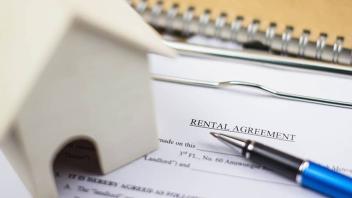Comprehensive Guide to Owning Freehold Property

Navigating the property market can often feel like steering through a maze. There are countless factors to consider, decisions to make, and terms to understand. One term that frequently pops up is 'freehold.' But what exactly does it mean to own a freehold property? Why do some people prefer it over other types of property ownership?
In this comprehensive guide, we will illuminate the concept of freehold property ownership. We'll explore its pros and cons, unravel the buying process, and provide a roadmap to help you understand if a freehold property is the right investment for you. Whether you're a first-time buyer or a seasoned investor, this guide aims to arm you with knowledge, empowering you to make informed decisions on your property ownership journey. Let's delve into the world of freehold properties and unravel its intricacies together.
What is Freehold Property?
A freehold property refers to a type of property ownership where the owner has complete and absolute ownership of both the building and the land it stands on.
The term 'freehold' signifies that the property is "free from hold", meaning there is no limit on the period of ownership and no landlord who can claim the property after a certain time. The owner has complete freedom to sell it, renovate it, rent it out, or pass it on to the heirs, as long as they comply with local laws and regulations.
Note: This is different from leasehold property, where the ownership of the land and sometimes the building reverts back to the landlord, or the 'freeholder,' after the lease period has ended.
What is Freehold Land?
Freehold land refers to a parcel of land over which the owner has full and unlimited rights. The owner of the freehold land owns it outright, including both the land itself and any buildings or structures that are on it.
Also read: The Ultimate Real Estate Glossary
Understanding Ownership Rights in Freehold Property
Owning a freehold property provides the owner with extensive rights over the property and the land it stands on. The key elements of ownership rights under freehold property are:
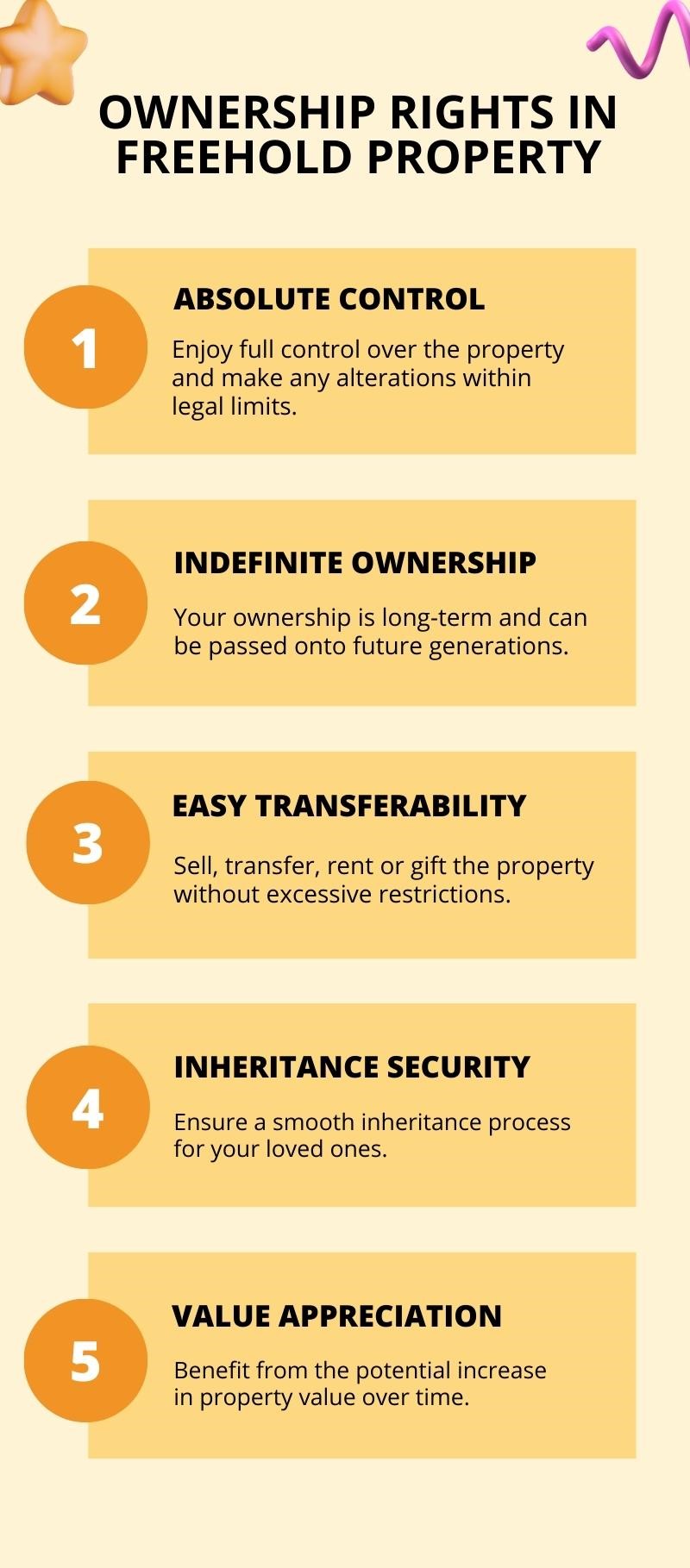
Full Control Over the Property
Owning a freehold property gives you exclusive rights to the building and the land it's built on. This means you have the autonomy to make decisions about the use of the property, including carrying out renovations, extensions, or any kind of alterations (subject to planning permission and local regulations).
Perpetuity of Ownership
As a freehold property owner, you possess the property indefinitely. There's no lease term limit that you have to worry about, which means the property is yours to keep for as long as you want. You can also pass it down to future generations.
Transfer of Ownership
If you decide to sell the property, you have complete authority to do so. The ability to transfer the ownership rights to another person offers flexibility, especially when it comes to selling or bequeathing the property.
Renting the Freehold Property
-
Renting Out: Owning a freehold property also allows you to lease it out if you choose to do so. This can be an excellent way to generate rental income.
-
No Ground Rents: Unlike leasehold properties where there's usually an annual 'ground rent' to pay to the landowner, there are no such charges with freehold properties.
Decisions on Insurance and Repairs
As a freeholder, you have the responsibility for ensuring the building is properly insured and maintained. This gives you control over how and when repairs are conducted and allows you to choose your insurance provider.
Also read: Questions to Ask a Real Estate Agent Before Buying a New House
The Legal Aspect of Owning a Freehold Property?
When you own a freehold property, there are several legal aspects you need to be aware of, which includes:
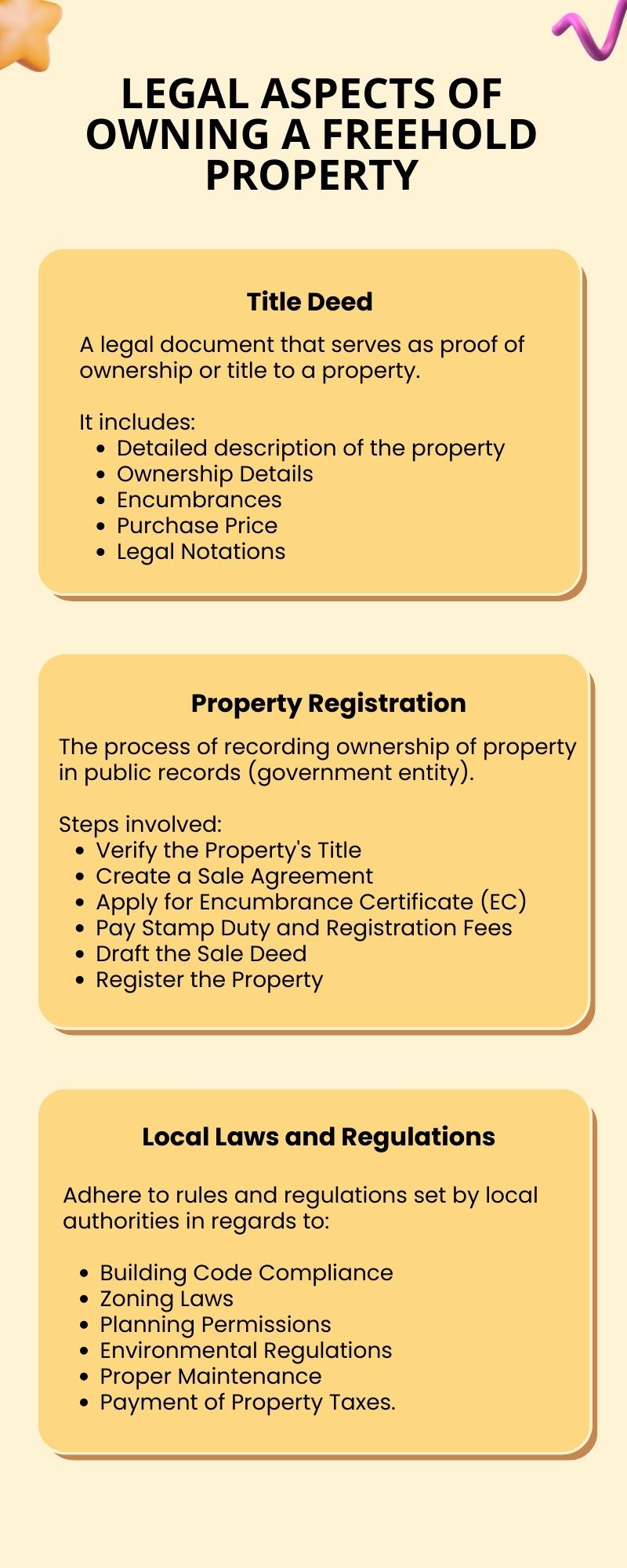
#1 Title Deed
The title deed is the most crucial document, as it gives evidence of the ownership of the land and the building on it, and it's held by the freeholder. The title deed includes essential information about the property, including:
-
Detailed description of the property: which includes the exact location, the dimensions of the land, detailed plan of the property layout etc.
-
Ownership Details: The title deed records the full name and contact details of the property owner. If the property has been sold, the title deed will record every instance of transfer, with details of each past owner.
-
Encumbrances: If there are any encumbrances on the property, such as easements, liens, or mortgages, these will be noted on the title deed.
-
Purchase Price: The original purchase price of the property may also be included in the title deed.
-
Legal Conveyance: The title deed may also include details of the legal process used to transfer the property from the previous owner to the current one.
Note: Securing a clear and unencumbered title deed is crucial for freehold land ownership. This document confirms your legal ownership, safeguards you against potential disputes, and is indispensable for selling or mortgaging your property.
#2 Property Registration
Property registration is a legal process that involves recording the ownership of a piece of property, such as land or a building, in public records - typically with a government entity, like a local land registry or county clerk's office. The process involves:
-
Property Title Verification: Verifying the property's title to check for any potential disputes or liabilities.
-
Sale Agreement Creation: Creating an agreement by the buyer and seller outlining the terms and conditions of the property sale.
-
Apply for Encumbrance Certificate (EC): Obtaining an encumbrance certificate from the sub-registrar's office to confirm there are no legal dues on the property.
-
Payment of Stamp Duty & Registration Fees: Paying the necessary stamp duty (a tax on property transactions) and registration fees.
-
Drafting of Sale Deed: Preparing the sale deed which is a legal document that serves as an evidence of sale and transfer of property from seller to buyer.
-
Property Registration: Registering the property at the local sub-registrar's office. The buyer, seller, and two witnesses must be present with valid ID proofs.
Also read: Guide to Property Verification in India
#3 Adherence to Local Laws and Regulations
Adherence to local laws and regulations when owning a freehold property means complying with the rules and standards set by local authorities in regards to property use, maintenance, and modifications. Here are some key areas where local laws and regulations come into play:
-
Building Codes Compliance: Any modifications or constructions on the property must adhere to local building codes, which govern structural integrity, fire safety, health standards, and more.
-
Observance of Zoning Laws: Properties must be used according to local zoning laws. These laws specify how properties in certain areas can be used, such as for residential, commercial, or mixed use.
-
Securing Planning Permissions: Major changes to the property like extensions or additional structures often require planning permission from local authorities.
-
Following Environmental Regulations: Property owners must comply with local environmental regulations. These might include rules on tree cutting or energy efficiency.
-
Maintaining Property Standards: Properties must be maintained according to local laws, which could involve building upkeep, pest control, and more.
-
Paying Property Taxes: Property owners are required to pay local property taxes, based on local tax rates and the assessed value of the property.
Note: Failure to adhere to these local laws and regulations can result in penalties, including fines or legal actions.
Key Considerations Often Overlooked When Purchasing a Freehold Property
When purchasing a freehold property, it's important to pay attention to various details to ensure a smooth and successful transaction. Here are some commonly overlooked aspects that buyers should consider:
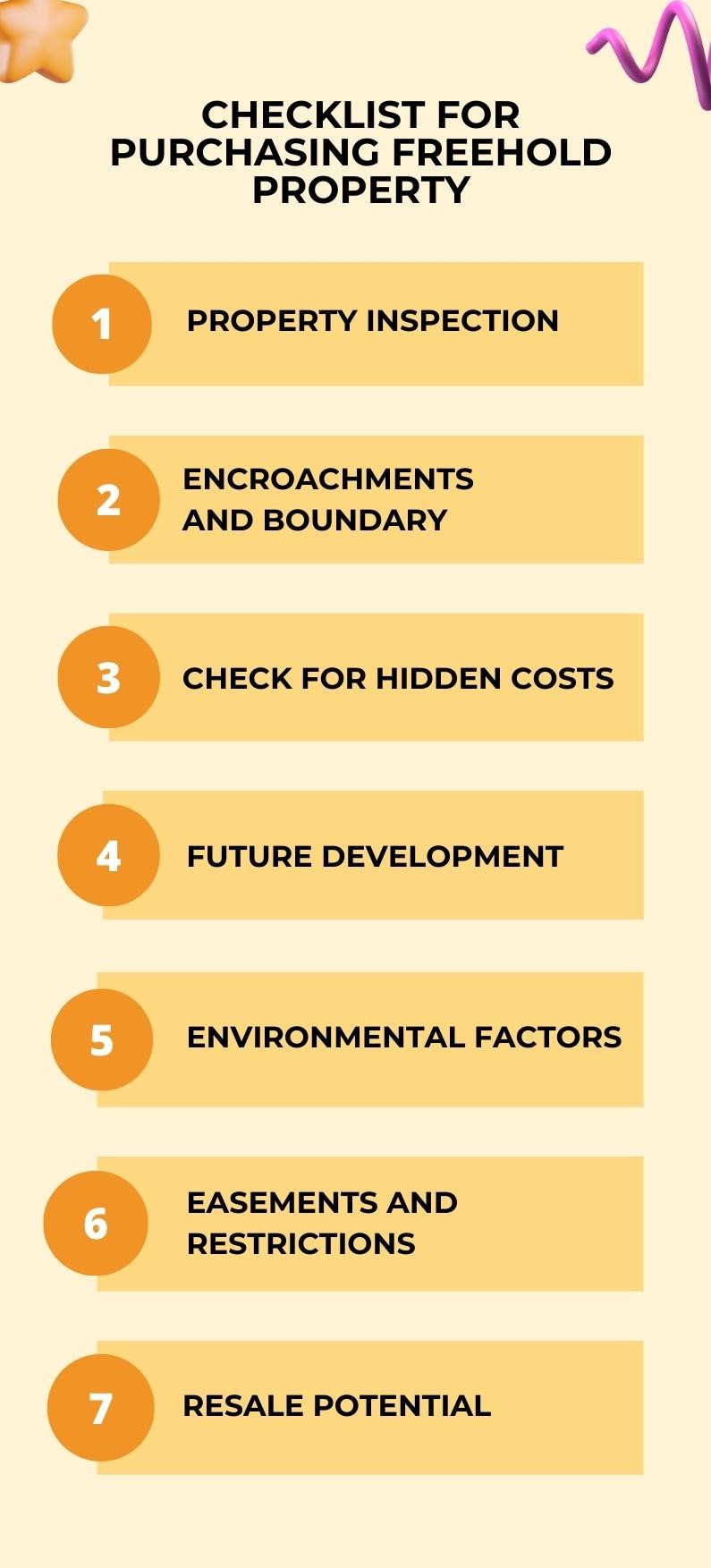
-
Property Inspection: Conducting a thorough inspection of the property is crucial. This includes checking the condition of the structure, plumbing, electrical systems, and any potential issues such as pest infestation or structural damage. Engaging a professional to inspect the property can help identify any hidden problems.
-
Encroachments and Boundaries: Verify the property's boundaries and ensure that there are no encroachments from neighboring properties. A boundary survey can provide accurate information and help avoid future disputes.
-
Hidden Costs: Beyond the purchase price, there may be additional expenses that are often overlooked. These can include legal fees, stamp duty, registration charges, property tax adjustments, maintenance costs, and ongoing expenses such as utilities and homeowners association fees.
-
Future Development Plans: Research any planned or potential developments in the vicinity of the property. This could include new roads, commercial projects, or infrastructure developments that may impact the property's value or quality of life in the area.
-
Environmental Factors: Consider environmental aspects that may affect the property, such as flood zones, soil conditions, and environmental hazards. Understanding these factors can help assess risks and determine appropriate insurance coverage.
-
Easements and Restrictions: Review any existing easements or restrictions on the property, such as rights of way, shared access, or limitations on alterations. Understanding these can impact future plans for the property.
-
Resale Potential: While buying a property for your current needs, it's wise to consider its resale potential. Factors such as location, amenities, and market trends can influence the property's future value and desirability.
Types of Insurance for Freehold Property
Insurance types like building insurance, content insurance, and landlord insurance can be vital for protecting your investment.
Building Insurance
This insurance covers the physical structure of the property, including the walls, roof, and sometimes fixtures such as plumbing and wiring. It usually protects against risks like fire, storm damage, and burglary.
Content Insurance
This policy covers the personal belongings inside the property such as furniture, electronics, and appliances. It protects against theft, damage, or loss of these items.
Landlord Insurance
If the freehold property is rented out, landlord insurance is important. It often covers property damage, legal expenses, and loss of rental income.
Type of Properties that are Not Eligible for Freehold Ownership?
In India, there are certain types of properties that are not eligible for freehold ownership. The specific restrictions and regulations may vary depending on the state and local laws.
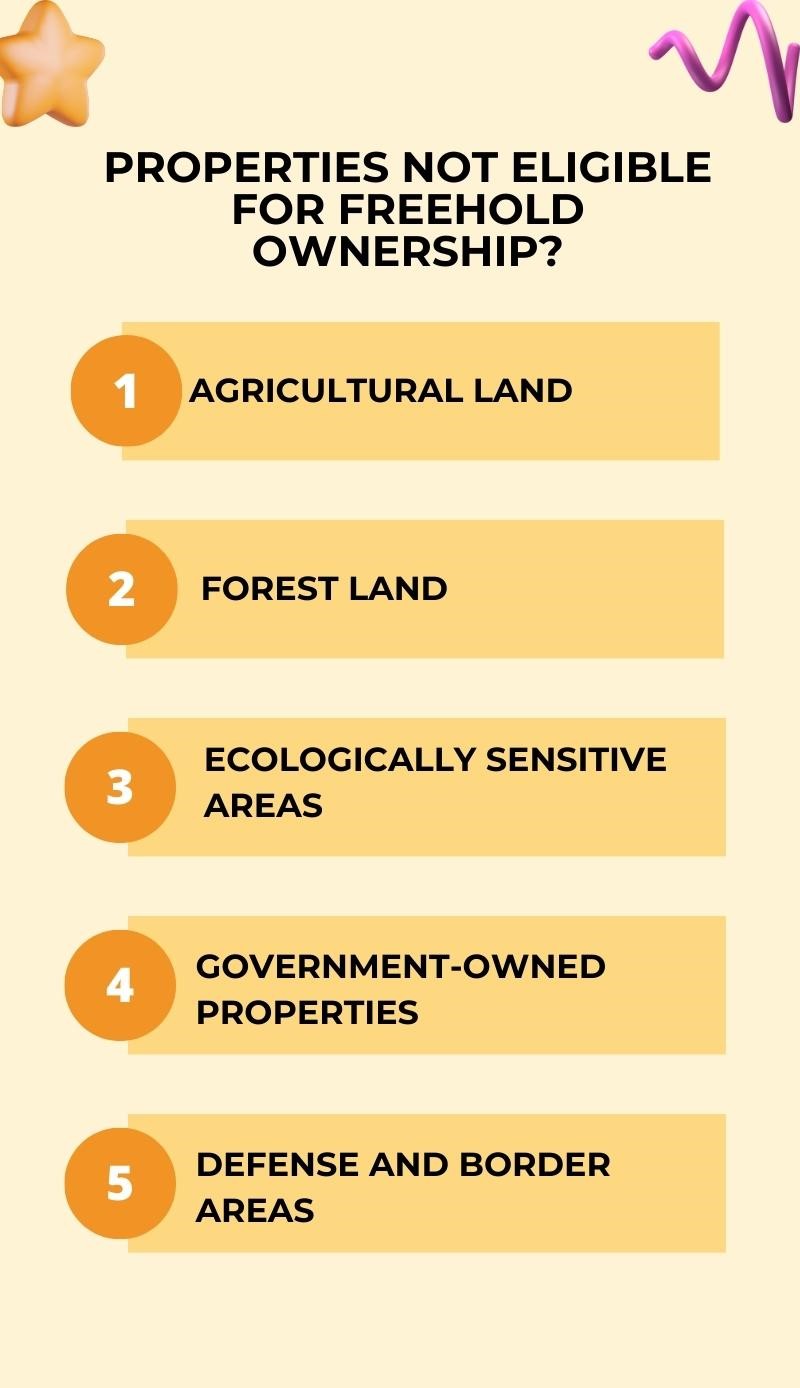
-
Government-Owned Properties: Properties owned by government entities, such as public infrastructure, government offices, or defense establishments, are generally not available for freehold ownership.
-
Agricultural Land: Agricultural land is typically not eligible for freehold ownership. Instead, it is subject to specific regulations governing agricultural use and ownership, such as land ceiling laws, tenancy laws, and restrictions on transferring agricultural land to non-agriculturists.
-
Forest Land: Forest land is protected and managed by the Forest Department or other relevant authorities. It is not available for freehold ownership by individuals or entities, as it is intended to be conserved for ecological and environmental purposes.
-
Ecologically Sensitive Areas: Certain areas with high ecological value, such as wetlands, coastal zones, wildlife reserves, or protected areas, may have restrictions on freehold ownership to ensure their conservation and protection.
-
Defense and Border Areas: Properties located in defense or border areas may have restrictions on freehold ownership due to security concerns.
Also read: To Rent or To Buy a Home: What’s Best for You?
Pros and Cons of Freehold Property
Pros
-
Full Control and Independence: Freehold property owners have autonomy and freedom in decision-making regarding their property.
-
Potential for Capital Appreciation: Over time, the value of the property may increase, leading to potential profits if you decide to sell.
-
No Ground Rent or Service Charges: There are no ongoing payments to a landlord, as you are the sole owner of the property.
-
Flexibility in Property Use: Freehold properties can be versatile and used for various purposes including residential, commercial, or rental.
Cons
-
Maintenance Responsibilities and Costs: As the owner, you are responsible for all maintenance and associated costs.
-
Potential for Property Value Fluctuations: Real estate markets can be volatile, and there is a risk that the value of your property may decrease.
-
Legal Liabilities: As an owner, you are responsible for adhering to building codes, zoning laws, and other legal obligations.
-
Handling Disputes or Conflicts: Owning a property means you may need to handle conflicts with neighbors or local authorities.
-
Upfront Costs: Freehold properties can be more expensive to buy upfront compared to leasehold properties.
Owning a freehold property comes with numerous advantages such as full control, potential capital appreciation, and no ground rent. However, it also comes with responsibilities such as maintenance and legal obligations. It's imperative to conduct thorough research, understand the local real estate market, and be prepared for the long-term commitments that come with owning such a freehold property. Being a responsible and informed property owner can lead to a rewarding investment and living experience.







